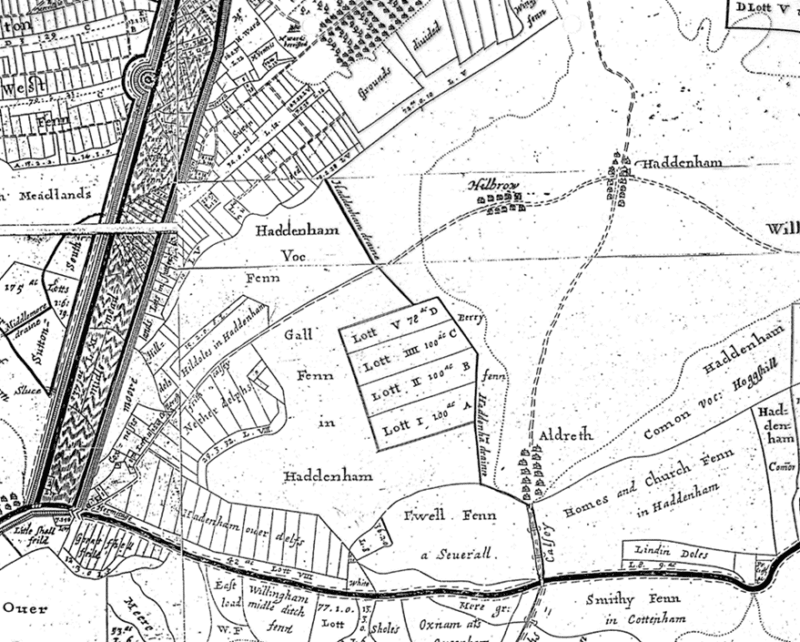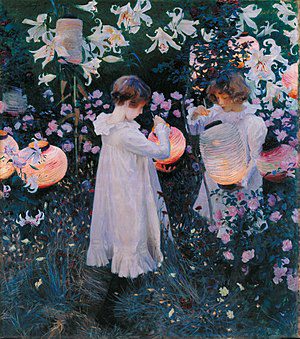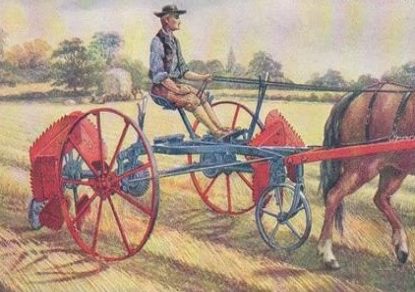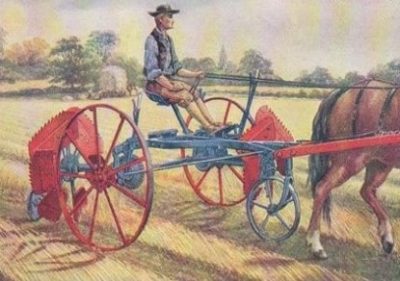 Shakespeare’s Villains – A WEA Short Course
Shakespeare’s Villains – A WEA Short Course
Not “done” Shakespeare since you left school? Do you think his works are not for you? This autumn in West Bergholt we are looking forward to welcoming Ron Marks who will be our tutor on “Shakespeare’s Villains”. This will be an exploration of Shakespeare’s insights into how “one may smile, and smile and be a villain, a scheming ‘machiavel’”, “bloody, bawdy” and eternally fascinating to audiences.
This course promises to make Shakespeare’s interesting and accessible to all.
So why not come along and try it? You can sample the first evening for free! The course starts at the Methodist Hall at 8pm on 15th September and lasts for 10 weeks.
10 evenings cost £48, those on income under £15,276 net per annum or income based benefits/JSA free.
For further information please contact Gill on 01206 240512.
No Prior Research Needed – but:
… if you wanted somebody else’s take on the top 5 Shakespeare villains then here they are:
1. Iago
Driven by an overpowering lust for evil rivaled only by Satan, Iago grabs the title as worst Shakespeare villain hands down. As the critic William Robertson Turnbull once pointed out, “Iago is an unbeliever in, and denier of, all things spiritual, who only acknowledges God, like Satan, to defy him”
2. Richard III
The tyrannical, morally vacuous Richard III orders his own brother’s execution and the murder of two innocent children because they are obstacles to his kingly ambition. Luckily, Richard’s horrific acts come to an end when he is slain by Richmond at the battle of Bosworth Field.
3. Cornwall
In King Lear, a play rife with heinous evildoers, Cornwall towers over them all. Infinitely greedy and exceptionally cruel, Cornwall schemes with his wife, Regan, and sister-in-law, Goneril, to torture Lear and Gloucester. Cornwall delights in gouging out Gloucester’s eyes, exclaiming “Out, vile jelly!/Where is thy lustre now?”
4. Aaron the Moor
Among other vile crimes, Aaron the Moor, servant and lover to Tamora, masterminds the brutal rape of Titus Andronicus’s daughter, Lavinia. When, at the end of the play, Titus’s son Lucius decides that Aaron should be buried to the neck in sand and starved, Aaron, defiant to the end, tells Lucius that “If one good deed in all my life I did/I do repent it from my very soul.”
5. Edmund
Resentful of his illegitimacy, the Earl of Gloucester’s bastard son strives to destroy his brother and father to gain Gloucester’s title and possessions. Successful in his evil plot to ruin Gloucester, he next plans to kill Cordelia and Lear so that he can rule Britain. Edmund’s henchmen strangle Cordelia and Lear dies broken-hearted as a result of his daughter’s murder.
(Read more at http://www.shakespeare-online.com/plays/shakespearevillains.html).





 Ten Britishers of Note
Ten Britishers of Note










 Shakespeare’s Villains – A WEA Short Course
Shakespeare’s Villains – A WEA Short Course